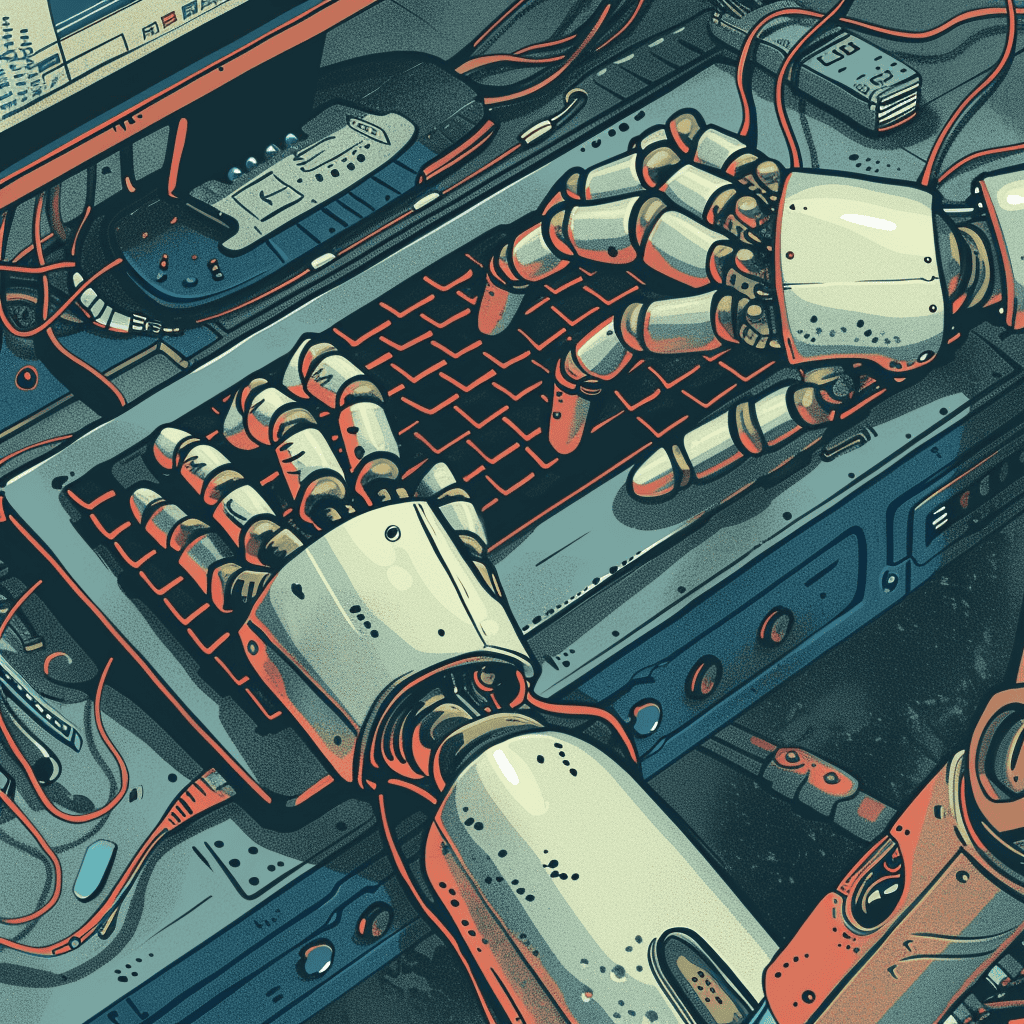
Typing, typing, and more typing. Taking notes is not the most exciting task of a working day. Fortunately, we no longer have to do everything ourselves, as AI notetakers are entering the market in large numbers.
Why you need to know this:
Almost one in three Dutch consumers (29%) use generative AI tools in their daily lives. More are being added all the time. We highlight some useful options.
The number of online meetings has skyrocketed since the pandemic. Many people work from home for a day. Team members are now scattered across the country, or even around the world. Virtual meetings have become an integral part of how people work today and in the future.
However, actively participating in a meeting and taking notes at the same time can be quite a challenge. Fortunately, AI note-takers can help us out.
AI note-takers
If you want to use AI as a note-taker, you need an audio recording of the meeting. This recording is automatically converted into text by an AI company, and then edited. For example, Zoom recently started testing the AI Companion in Dutch, where users can have conversations summarised during online meetings and ask questions to an AI bot.
Sembly.ai, founded by Dutch entrepreneur Artem Koren and others, also developed a promising AI notetaker. The company records, transcribes, and generates smart summaries of meetings that take place via Teams, Google Meet, and Zoom. So you can see much more back than just the notes; the program offers many possibilities. For example, think also of a list of topics discussed and important action points listed below each other.

Besides the above options, dozens of similar programs are conquering the market. All of them are handy tools in case you are not a fan of note-taking. And in case you don’t feel like spending money on AI, you can always use ChatGPT. You will still write down the rough notes yourself but can instruct the chatbot to have action points, a summary, or a decision list generated for you.
A downside
By automating note-taking, meetings become more dynamic and interactive. However, the same feature that makes these AI bots valuable – their ability to record and analyze conversations – also raises questions about privacy, especially when handling sensitive or corporate information.
There is also the danger that important details or nuances could be lost, or misinterpreted by algorithms. Always important, then, to check notes carefully.
Are they legally permissible?
Legally, there are no obstacles to AI note-takers, provided the organization’s guidelines are respected. Usually, permission from the chairperson and participants is required for recording a meeting. Moreover, the organization should not prohibit the use of AI software. For instance, there has been a discussion about banning AI programs like ChatGPT from the government for some time.
If not, let these handy tools give you a hand. So that you can concentrate on tasks that AI cannot (yet) assist you with.







